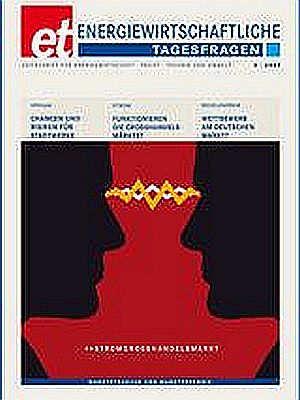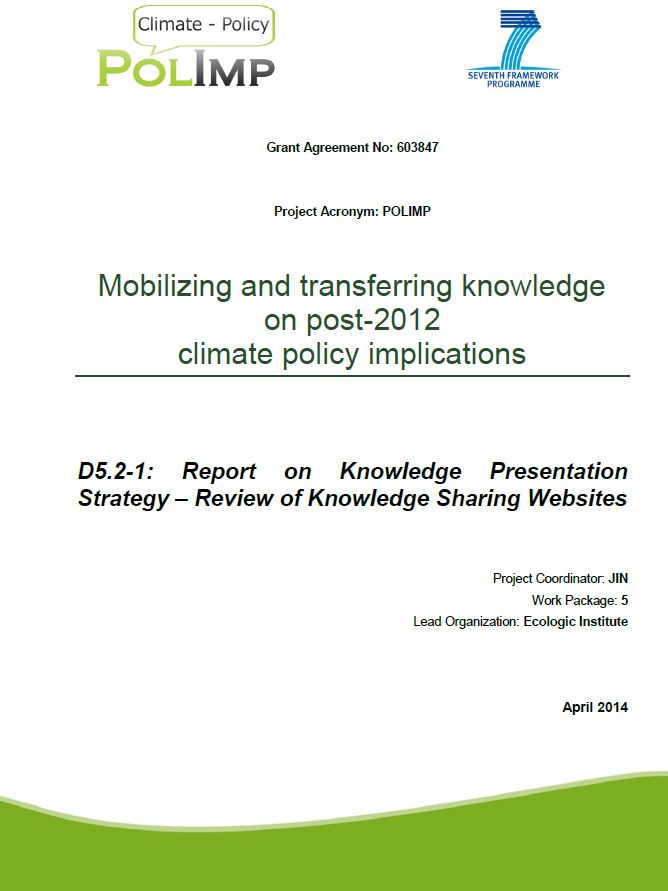Publication:Article
Project
Event:Visitors Program
Publication:Book Section
Publication:Book Section
Publication:Report
D5.2-1 Report on Knowledge Presentation Strategy
Review of Knowledge Sharing Websites
Year
Read moreEvent:Visitors Program
Event:Summer School
Johns Hopkins University Summer School: 'Anything is Possible'
-
Berlin, Germany and Brussels,
Belgium
Event:Dinner Dialogue
Presentation:Speech
Linking CAP & WFD Facts – Results - Upcoming issues
Linking CAP & WFD Facts – Results - Upcoming issues

